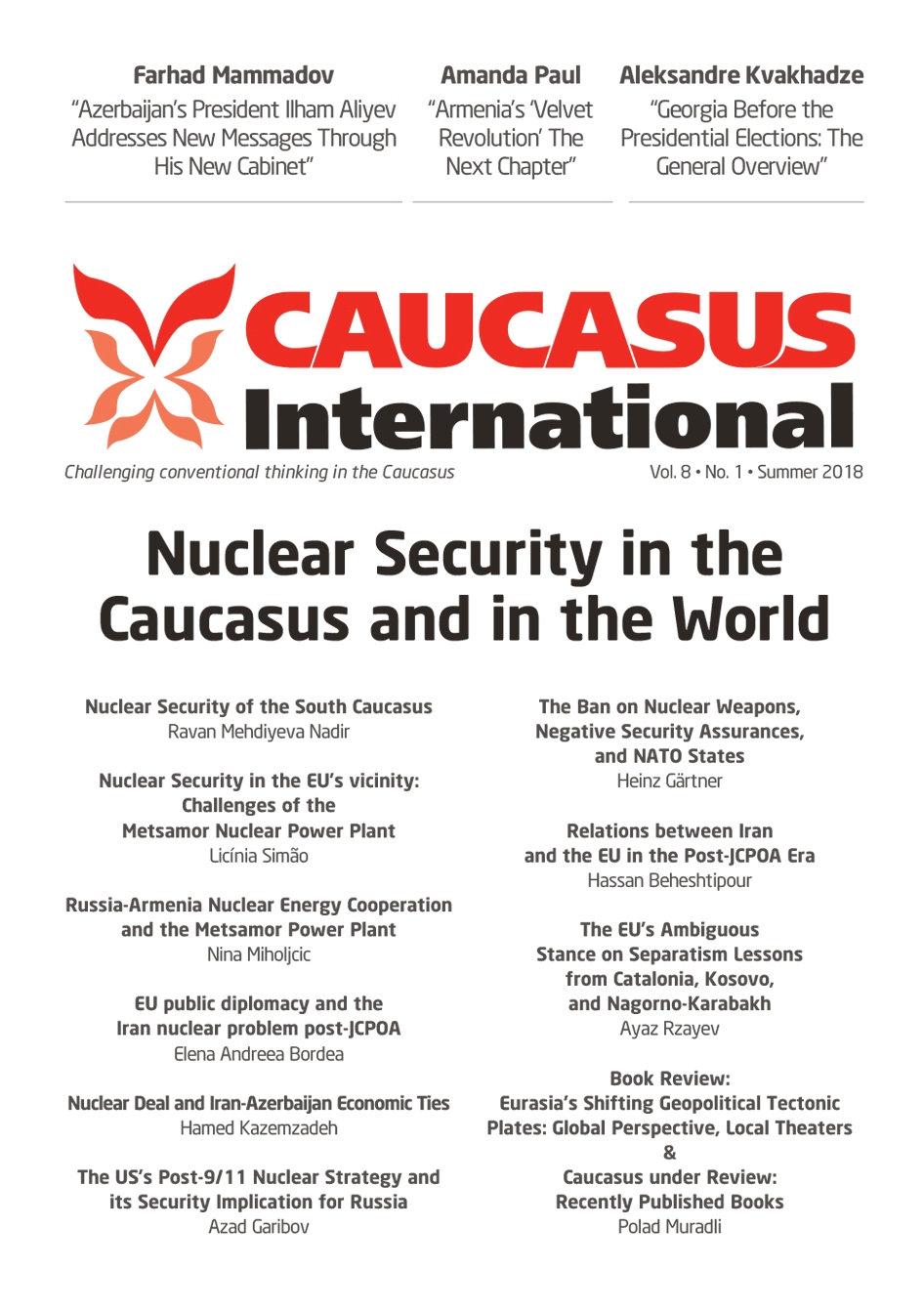The Ban on Nuclear Weapons, Negative Security Assurances, and NATO States
At a United Nations Conference on 7 July, 2017, 122 state parties voted in favor of a treaty that that would prohibit nuclear weapons. None of the nucleararmed states, or their allies, participated in the vote (with the exception of the Netherlands, which voted against the treaty). The treaty expresses concern about the catastrophic humanitarian consequences of the use of nuclear weapons, and calls for their complete elimination. The Treaty calls for the full implementation of the Non-Proliferation Treaty (NPT), including the disarmament obligations of the nuclear-armed states. The treaty should close the gap between nuclear and nonnuclear-armed states. It is very unlikely that the nuclear states will give up their nuclear weapons anytime soon. This paper looks for alternative proposals by the nuclear-armed states which could satisfy the non-nuclear weapon states, at least for the time being. If nuclear-armed states are unwilling or unable to sign the ban treaty, they could offer non-nuclear-armed states Negative Security Assurances (NSAs). This is a commitment not to attack or threaten to attack those states with nuclear weapons. These NSAs must be based on international law, however. This means that they have to sign and ratify the existing and future NWFZs. A nuclear weapon free belt could be created from Mongolia to Africa (for the time being, excluding Israel). NSAs would have to be extended to states that are in a military alliance with another, nuclear-armed state. Extended deterrence should be amended via extended NSAs.
Latest news
- 03/17/2020 Call for Submission: “Non-Alignment Movement and Its Perspective in International Affairs”. Deadline: 1 July 2020 2623 views
Popular articles
- 02/24/2020 The Role of Irredentism in Russia’s Foreign Policy 2535 views
- 02/24/2020 Construction of sub-national identity vis-à-vis parent state: Gagauz case in Moldova 2216 views
- 02/24/2020 The Conflict in Ukraine - The Geopolitics of Separatism and Divergent Identities (Commentary) 2071 views
- 02/24/2020 The Role of the Soviet Past in Contemporary Georgia 2044 views





